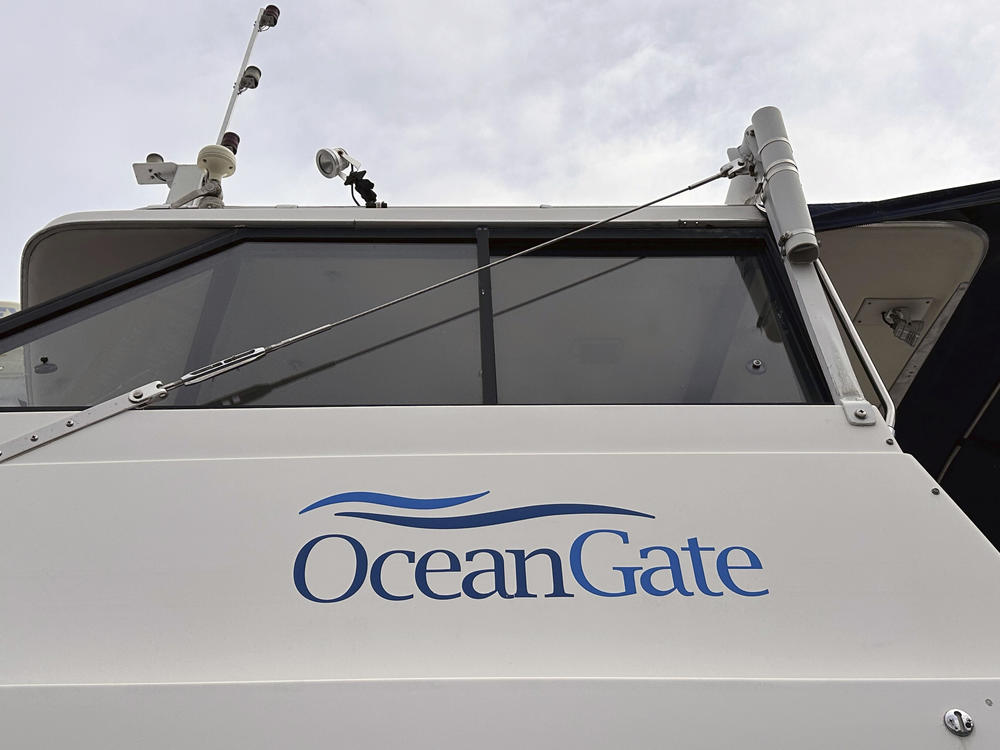Section Branding
Header Content
OceanGate suspends its commercial and exploration operations after Titan implosion
Primary Content
OceanGate said it is suspending its commercial and exploration operations after five people were killed aboard its Titan submersible on a trip to the Titanic shipwreck in June.
No other details were provided in the brief statement on its website, and OceanGate was not immediately available for comment.
The Titan submersible launched on June 18, destined 2.4 miles below the surface, and is believed to have imploded that same day.
Among the victims were OceanGate CEO Stockton Rush, British businessman Hamish Harding, Pakistani investor Shahzada Dawood and his son Suleman Dawood, and French diver Paul-Henri Nargeolet.
"Well, an accident of this magnitude definitely brings attention. ... Will it shut down the type of tourism? Absolutely not. I think what will happen in the probably shorter than longer term is that it will raise even more interest," said Alain Grenier, a high-risk travel researcher at the University of Quebec.
Grenier said people will still engage in activities despite their risk, such as climb Mount Everest or ride in airplanes and cars.
"Once they can be convinced again that the activities are safe, then they will go back," he said. "The human nature is to think, 'Well, this will happen to other people. This won't happen to me. I will be more careful.'"
NPR's Matilda Wilson contributed to this report.
Copyright 2023 NPR. To see more, visit https://www.npr.org.

